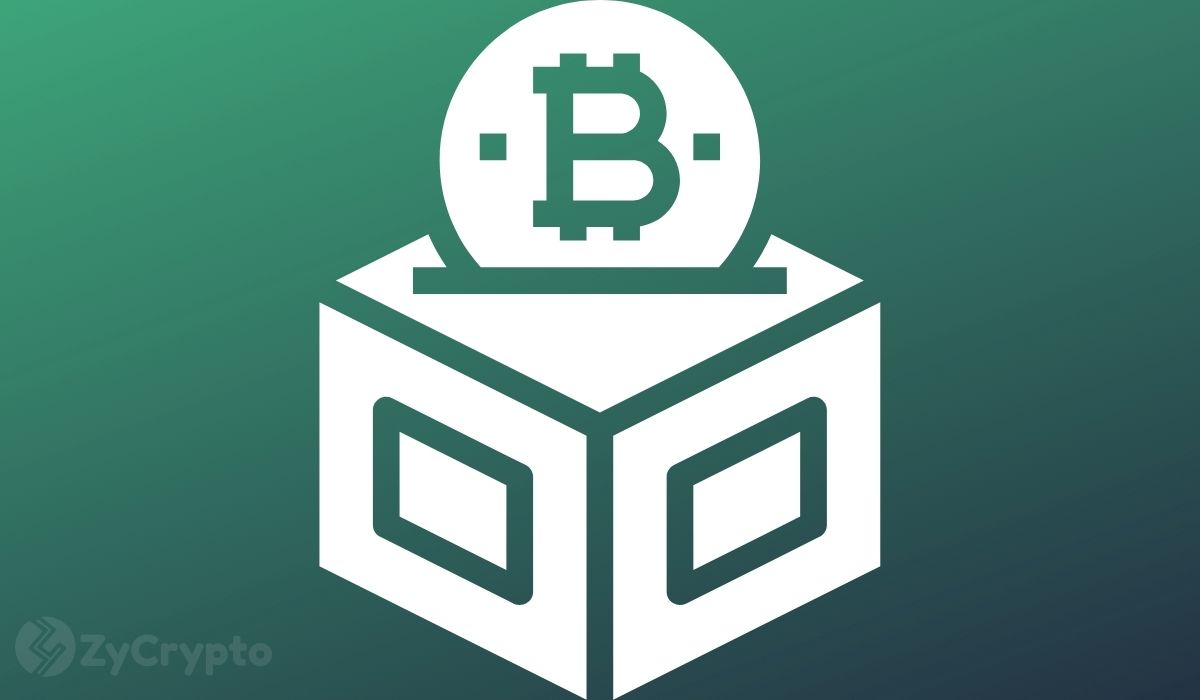Ether Reserves on Centralized Exchanges Hit Nine-Year Low
The Rise of Decentralized Finance
Recently, there has been a significant shift in the cryptocurrency market as the reserves of Ether on centralized exchanges have plummeted to their lowest level in nearly nine years. This trend indicates a growing interest in decentralized finance (DeFi) platforms and a move towards self-custody of assets.
Centralized exchanges have long been the go-to platforms for buying, selling, and trading cryptocurrencies. However, the recent decrease in Ether reserves across these exchanges suggests that more investors are opting to hold their assets in personal wallets rather than leaving them on exchanges.
The Appeal of DeFi
Decentralized finance offers a wide range of financial services without the need for traditional intermediaries such as banks. By utilizing smart contracts and blockchain technology, DeFi platforms enable users to lend, borrow, trade, and invest in a trustless and transparent manner.
With the rise of DeFi applications built on the Ethereum network, it’s no surprise that investors are choosing to interact with these platforms directly rather than through centralized exchanges. By holding assets in personal wallets, users have full control over their funds and can participate in the growing DeFi ecosystem.
Impact on Individuals
For individual investors, the decreasing reserves of Ether on centralized exchanges indicate a shift towards greater financial sovereignty and control. By holding assets in personal wallets, individuals can mitigate the risks associated with centralized exchanges, such as hacks and downtime.
Furthermore, participation in DeFi platforms can offer opportunities for passive income through yield farming, liquidity provision, and other decentralized financial activities. As more investors move towards self-custody of assets, the DeFi space is likely to continue growing and evolving.
Impact on the World
The decreasing reserves of Ether on centralized exchanges are a reflection of the broader trend towards decentralization and self-sovereignty in the cryptocurrency space. As more assets are held in personal wallets and utilized on DeFi platforms, the traditional financial system may face increased competition and disruption.
Decentralized finance has the potential to democratize access to financial services and create a more inclusive global economy. By leveraging blockchain technology and smart contracts, DeFi platforms can offer transparent, secure, and efficient financial solutions to individuals around the world.
Conclusion
The decline in Ether reserves on centralized exchanges signals a paradigm shift towards decentralization and self-custody in the cryptocurrency market. As individuals increasingly turn to personal wallets and DeFi platforms, the landscape of finance is evolving to prioritize transparency, security, and financial autonomy.





